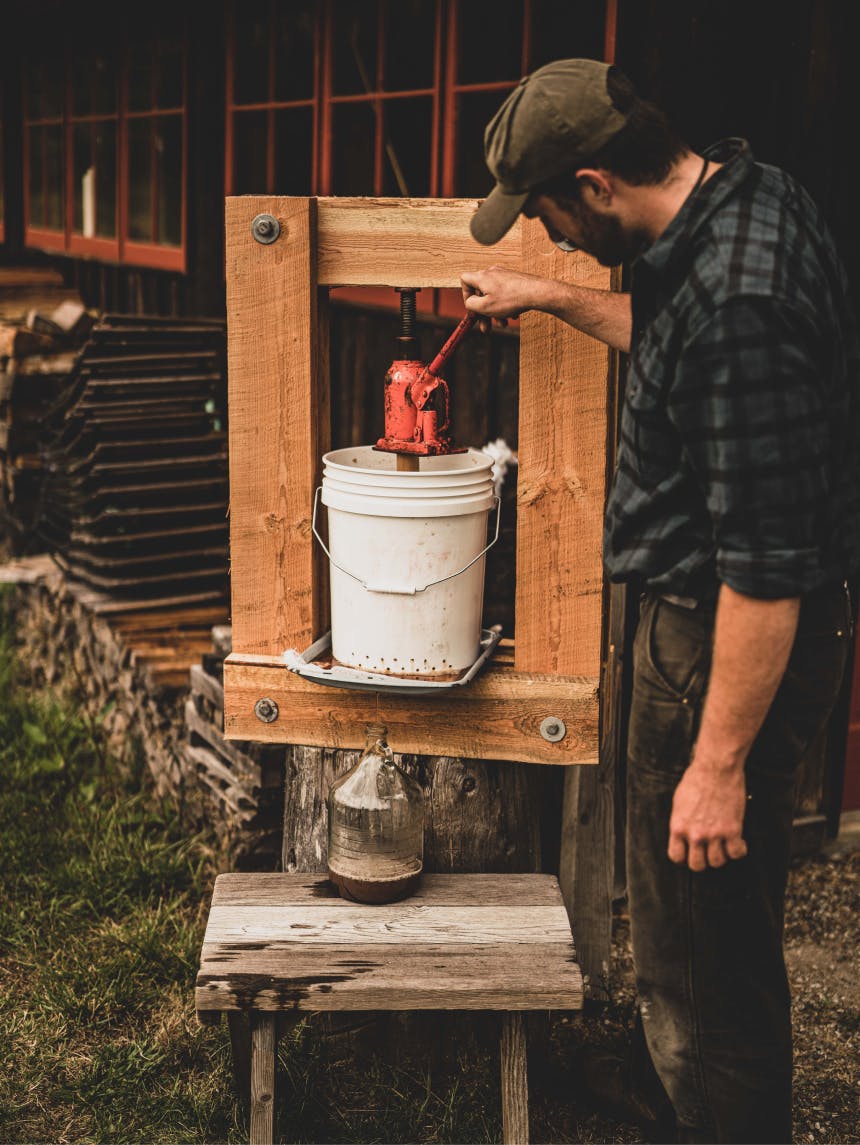
 10
10




sow…reap…compost…repeat
 10
10




sow…reap…compost…repeat
 8
8




Invasive plants are Earth's way of insisting we notice her medicines. Stephen Herrod Buhner
Everyone learns what works by learning what doesn't work. Stephen Herrod Buhner
 2
2




sow…reap…compost…repeat
 4
4





 2
2




Jan White wrote:I've never done it, but my first thought was to juice the raw squash, then boil down that liquid to molasses.
How Permies works: https://permies.com/wiki/34193/permies-works-links-threads
My projects on Skye: The tree field, Growing and landracing, perennial polycultures, "Don't dream it - be it! "
 5
5




I'm only 65! That's not to old to learn to be a permie, right?
 3
3




sow…reap…compost…repeat
 1
1




sow…reap…compost…repeat
 4
4




(Reminder to myself) God didn't say, "well said, well planned, and well thought out." He said, "well done."
Nikki's Wishlist
 1
1




 4
4




sow…reap…compost…repeat
 3
3




Best luck: satisfaction
Greatest curse, greed




Amy Gardener wrote:Thinking about roasting, it seems like the caramelizing or Maillard reaction is giving that rich flavor. Would that caramel taste happen during the juice-reduction phase when the sugars slowly cook in the shallow reducing pan?
Blazing trails in disabled homesteading




Thekla McDaniels wrote:...I wonder how the starch in potatoes is converted to sugars for the fermentation of vodka, wasn’t that the original vodka?
Blazing trails in disabled homesteading




Best luck: satisfaction
Greatest curse, greed






 2
2




Read about Permies.com site basics in this thread: https://permies.com/t/43625/Universal
 1
1




 2
2









Best luck: satisfaction
Greatest curse, greed
 1
1










 1
1




Read about Permies.com site basics in this thread: https://permies.com/t/43625/Universal




Good point. I try to make "jams" rather than "jellies" for that reason, but even though I reduce the sugar where I can, I do use sugar.Thekla McDaniels wrote:Hmmm, I probably won’t want squash molasses, because I follow food wisdom that advises against extracting sugars from the fiber they grow in.
Visit Redhawk's soil series: https://permies.com/wiki/redhawk-soil
How permies.com works: https://permies.com/wiki/34193/permies-works-links-threads

|
You may have just won ten million dollars! Or, maybe a tiny ad.
Learn Permaculture through a little hard work
https://wheaton-labs.com/bootcamp
|




